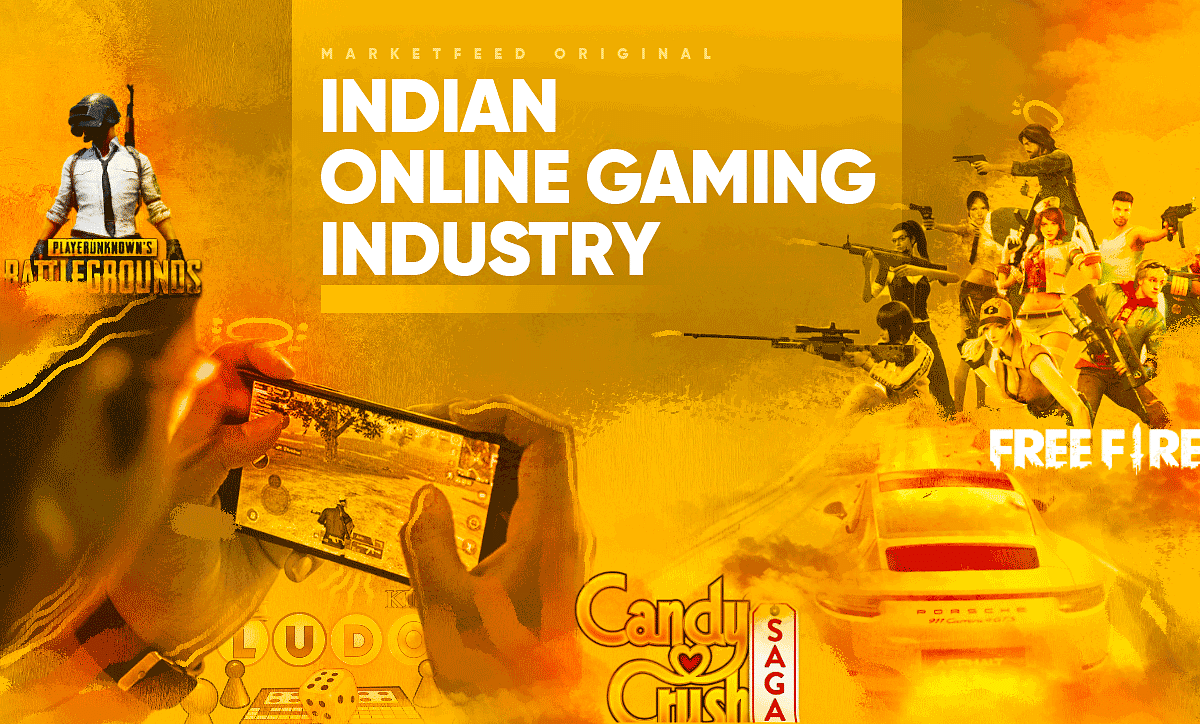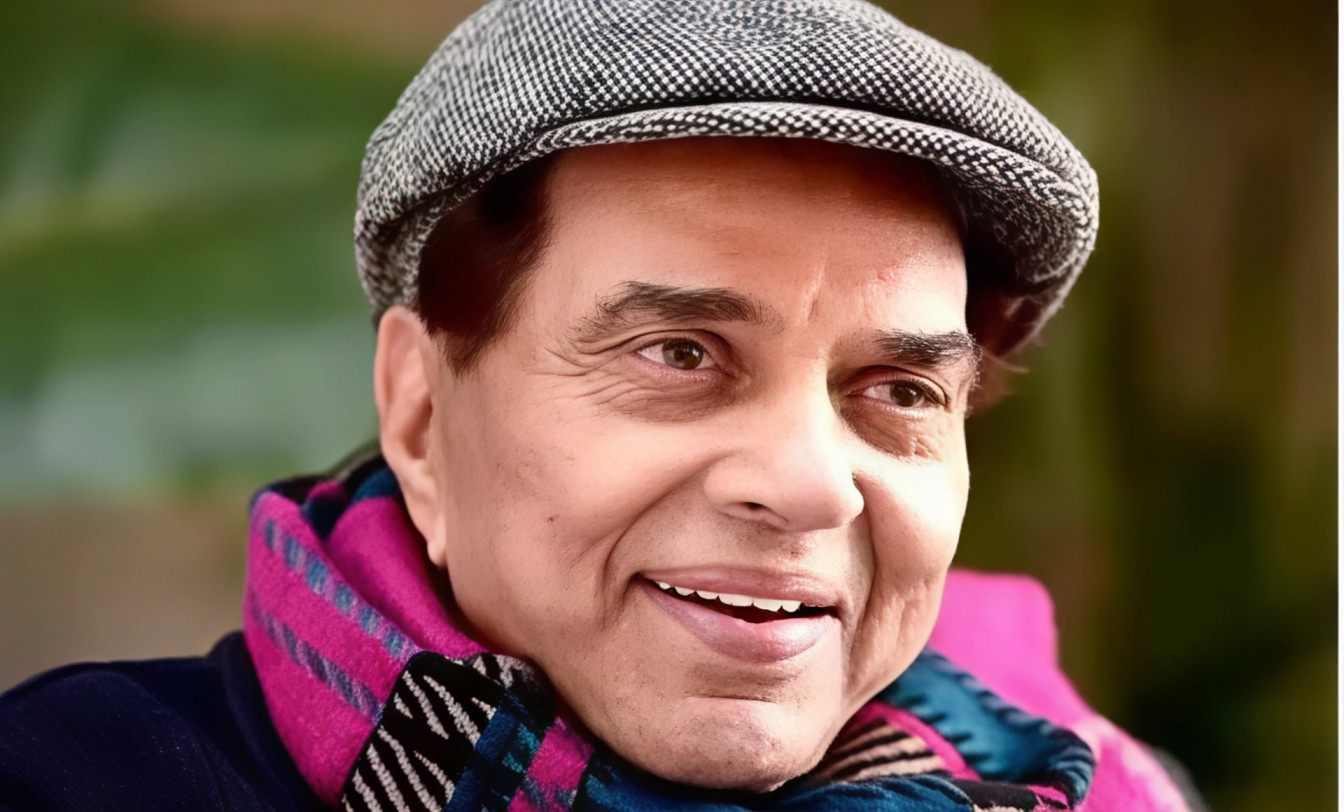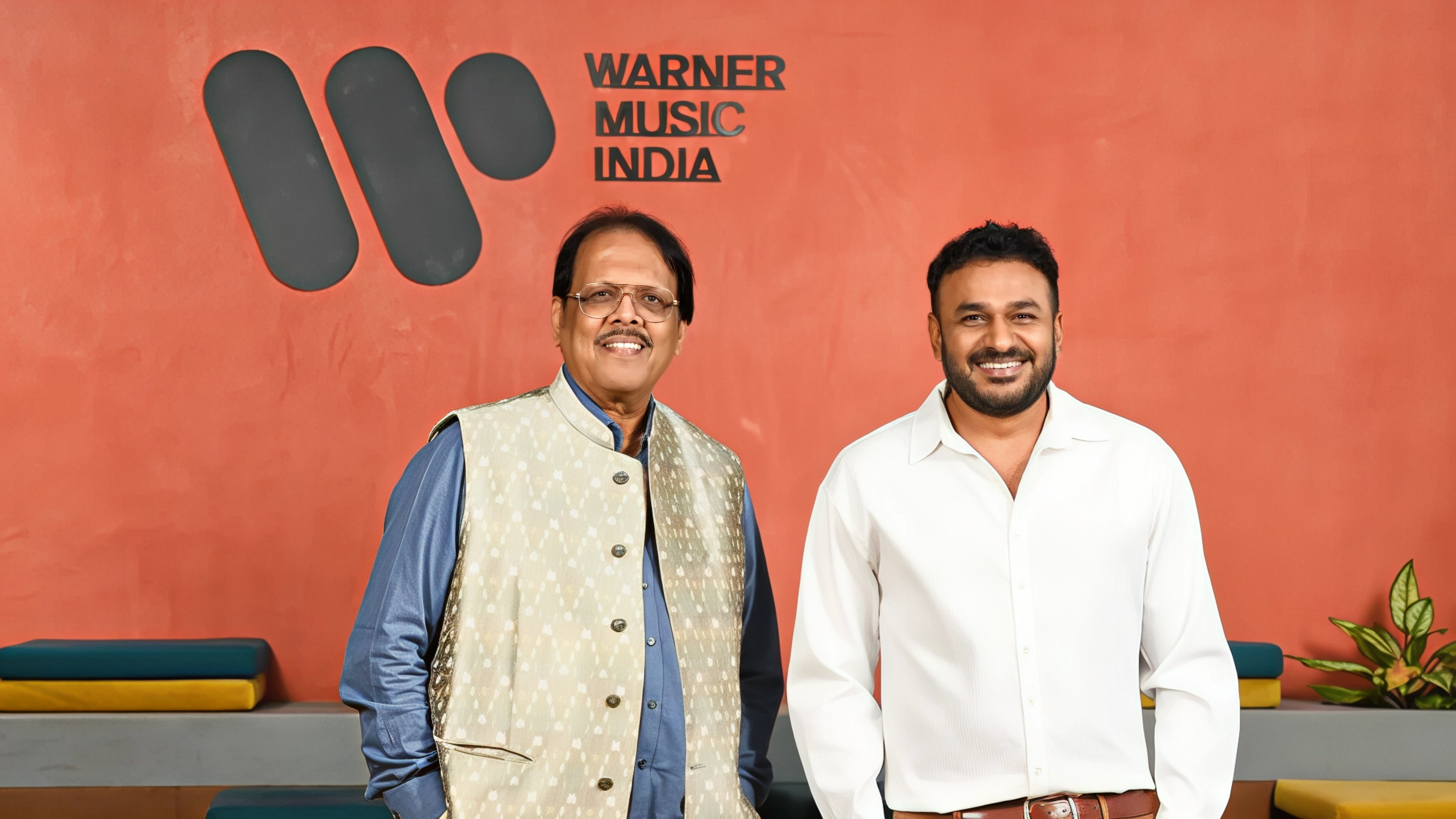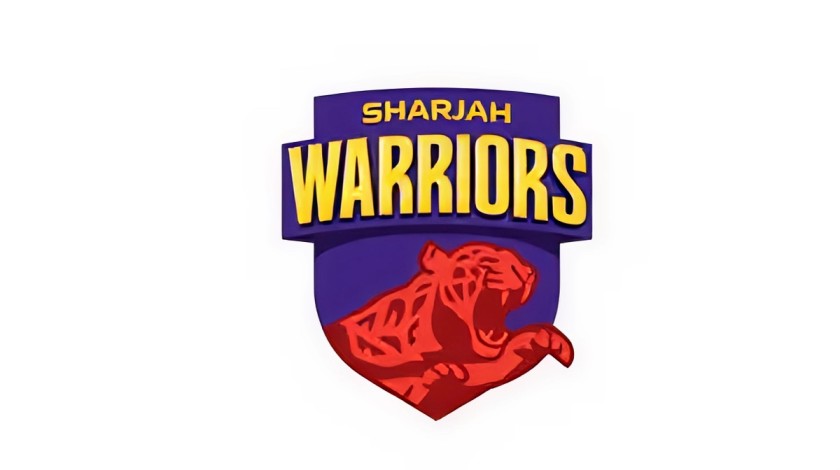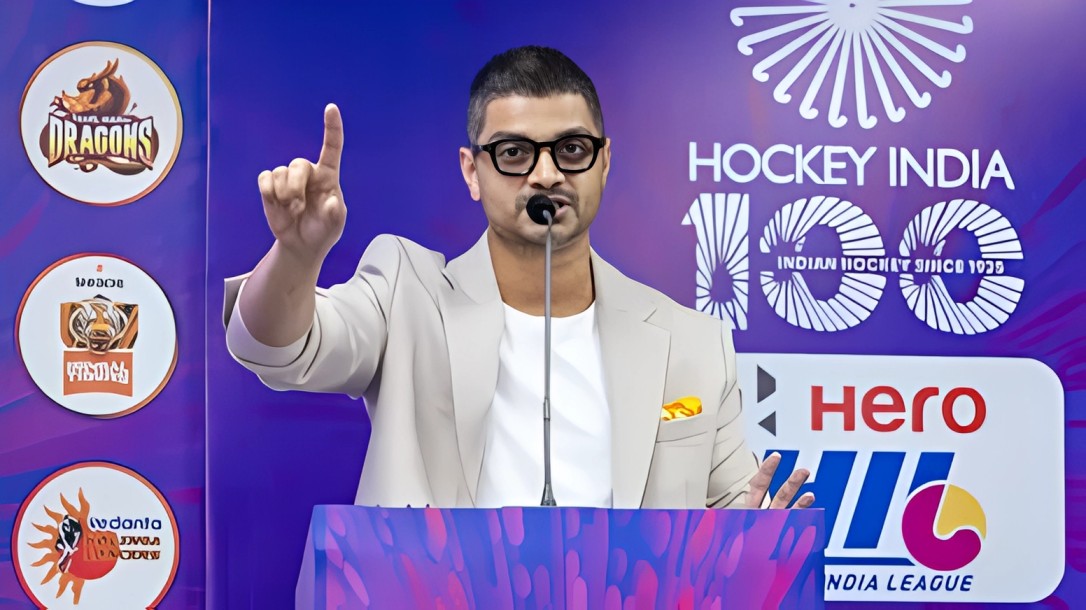India's online gaming industry is experiencing a dramatic transformation. What once existed as a casual pastime has rapidly evolved into a massive digital economy engine, now poised to reach a staggering market size of over nine billion dollars, approximately seventy five thousand crore rupees, by 2029. The surge is driven by widespread smartphone adoption, affordable data plans, rising disposable incomes, and an increasingly techsavvy youth population. The sector is no longer limited to big cities but has become a mainstream digital phenomenon spanning rural and urban India alike.

With over five hundred million gamers across the country, India is now among the top five mobile gaming markets globally. Players from all age groups and regions are immersing themselves in an expansive range of titles, from easygoing games like Candy Crush and Ludo to competitive blockbusters such as Call of Duty and PUBG Mobile. Online casino games in India and fantasy sports platforms have also gained momentum, adding a new dimension to the gaming landscape.
Industry experts estimate the market value at around three point five billion dollars in the financial year twenty twenty four. With a projected compound annual growth rate of twenty percent, it is expected to more than double over the next five years. Much of this growth is being fueled by inapp purchases, digital subscriptions, advertising revenues, and strategic investments aimed at building experiences that resonate with Indian users.
ADVERTISEMENT

A unique aspect of this boom lies in how games are being monetized. The microtransaction model, where users pay for avatars, skins, powerups, or exclusive passes, has found solid ground in India. Premium game features and subscription services are seeing steady uptake, particularly among young adults with access to digital payment systems like UPI and ewallets. These financial integrations have made it seamless for users to make purchases inside the gaming apps, boosting the commercial viability of game developers.
Adding to the momentum is the rise of esports and fantasy gaming platforms such as Dream11 and MPL. These platforms are turning online gaming into a legitimate profession, opening doors for players, commentators, developers, and streamers to build sustainable careers. Esports tournaments with cash prizes and large digital audiences are becoming more frequent, drawing sponsors and advertisers into the mix.

However, the industry is not without its challenges. One of the biggest roadblocks has been regulatory uncertainty. Sudden changes in taxation, particularly in the realmoney and fantasy gaming space, have unsettled investors and created operational complications. Policy ambiguity during the financial year twenty twenty three to twenty twenty four also caused a significant drop in fresh investments, especially from global funds that were looking to tap into the Indian gaming market.
ADVERTISEMENT
Concerns around addiction, mental health, and underage access have also started drawing attention. The lure of quick money in realmoney games has brought ethical considerations to the forefront, with stakeholders calling for responsible gaming mechanisms. Industry leaders are advocating for clear nationallevel regulations that distinguish between games of skill and games of chance, while also protecting users, especially minors.

In response, the Indian government is working on a Draft National Gaming Policy that seeks to bring structure to the sector. The policy aims to introduce licensing norms, enforce player safeguards like age verification, establish responsible advertising practices, and provide tax clarity. This is expected to create a more stable and investorfriendly ecosystem. In parallel, industry groups such as the All India Gaming Federation and the Federation of Indian Fantasy Sports are coming together to selfregulate and promote responsible gaming practices.
Despite the current headwinds, the future remains promising. Emerging technologies like cloud gaming, artificial intelligence, virtual reality, and the rollout of 5G are expected to elevate the gaming experience. These innovations will make games more immersive, dataefficient, and accessible across all corners of the country.
India’s online gaming sector is no longer just about recreation. It is shaping into a cultural force and a pillar of digital entrepreneurship. With smart policy, strong infrastructure, and collaborative efforts between public and private sectors, this industry could become one of the most significant contributors to India’s digital growth story.
ADVERTISEMENT
For more updates on India’s gaming economy, brand campaigns, and marketing insights, follow Marketing Moves on Instagram and Facebook.

